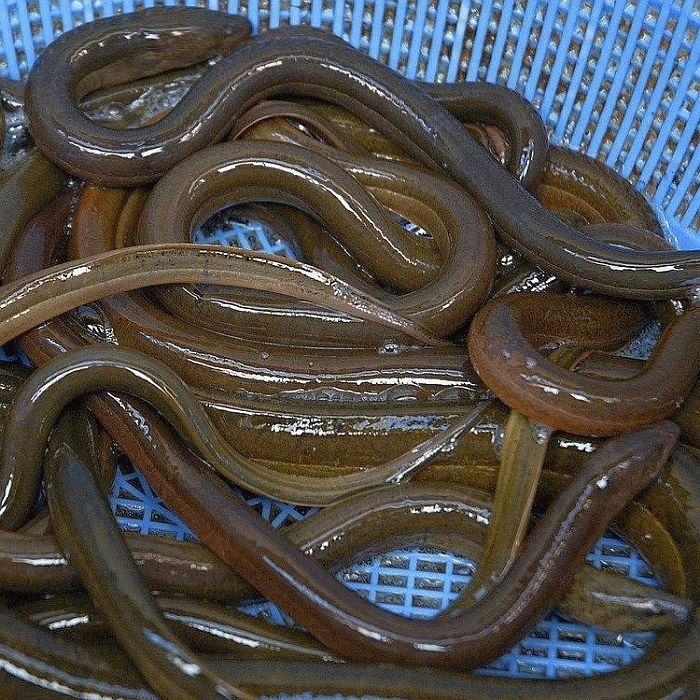
Complying with Eel Regulations
How you may be affected by current regulations for fish and eel screening when abstracting raw water for your project.

How you may be affected by current regulations for fish and eel screening when abstracting raw water for your project.
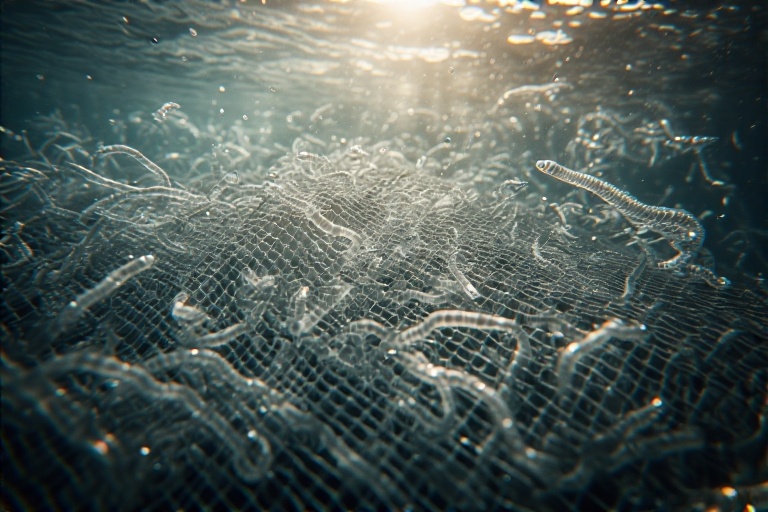
The article discusses the need for eel screening across the UK and EU to protect the European Eel - Latin name Anguilla Anguilla. A brief overview of the lifecycle of eels, how it is endangered and what measures are being taken to protect eels, including eel screening at raw water abstraction points.

This article describes how and why Rotorflush Eel screens and Fish screens are the best eel screens available without requiring major groundwork or civil engineering. Eels screens that are low maintenance, ideal for over pumping, temporary and permanent installation, and meet EA requirements for eel screening and protection.
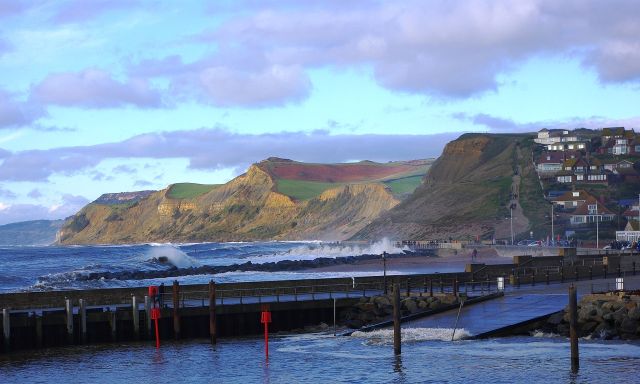
How Rotorflush Filters Ltd's products or service improves natural environments previously damaged by degradation (e.g. reforestation; endangered species repopulation)
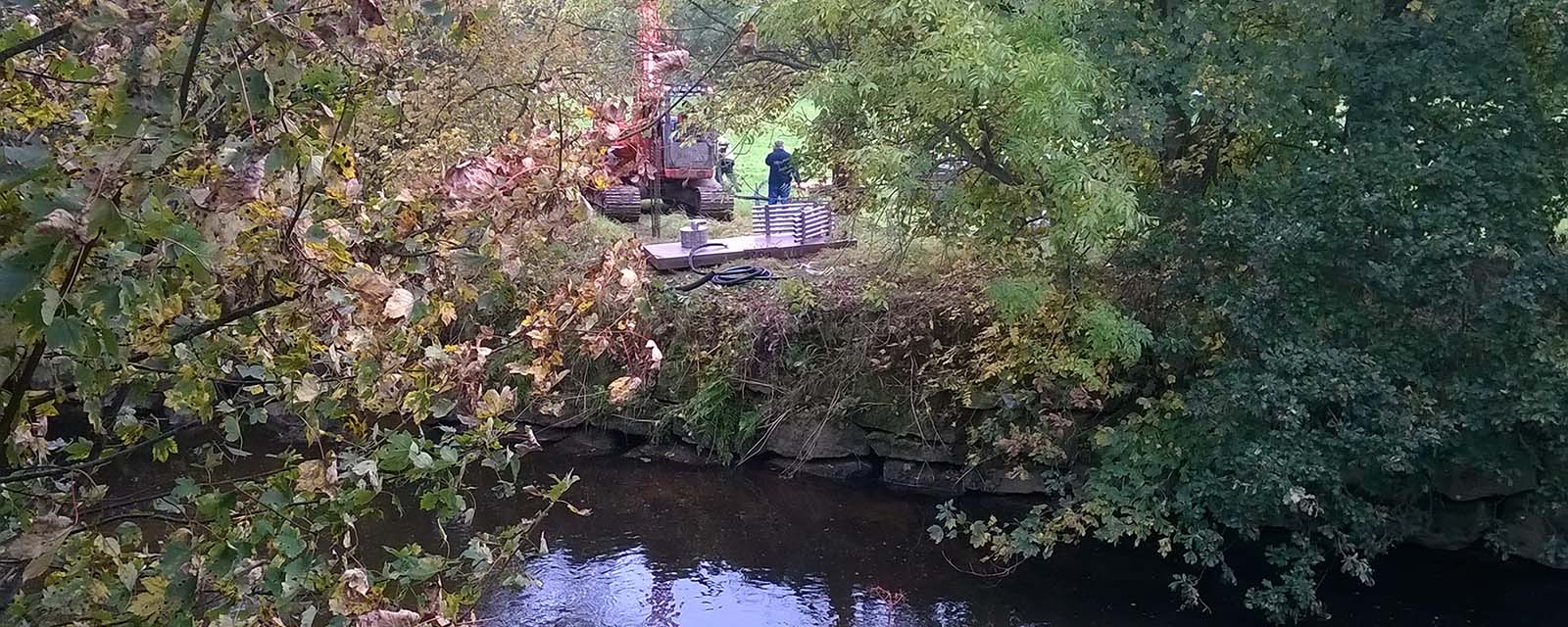
How Rotorflush Filters and Filterpumps help to create systems for resource conservation (e.g. recycling programs, renewable energy systems, energy or water assessment products, water recycling systems) and save you time and money
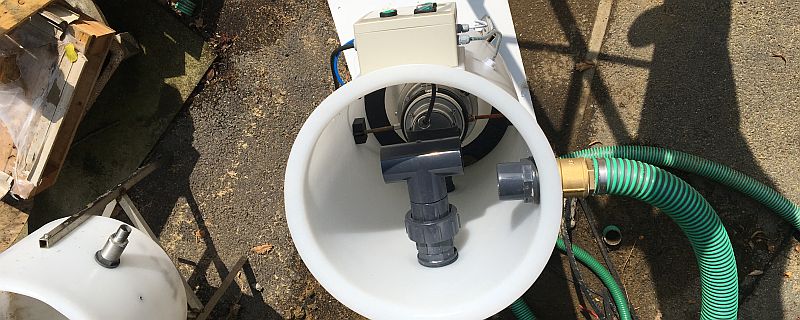
Rotorflush Filters Ltd announce their new Liquid Solids Separator System.
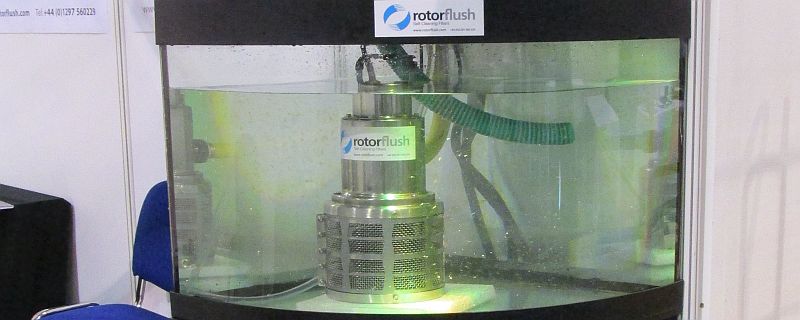
How Rotorflush GT200 Liquid Solids Separators filter out debris and pump filtered water onwards for re-use or disposal. Debris and particulate left behind by our unique self-cleaning filtration technology is purged from an outlet below the separator as required.
This website uses cookies to ensure you get the best experience. Learn more